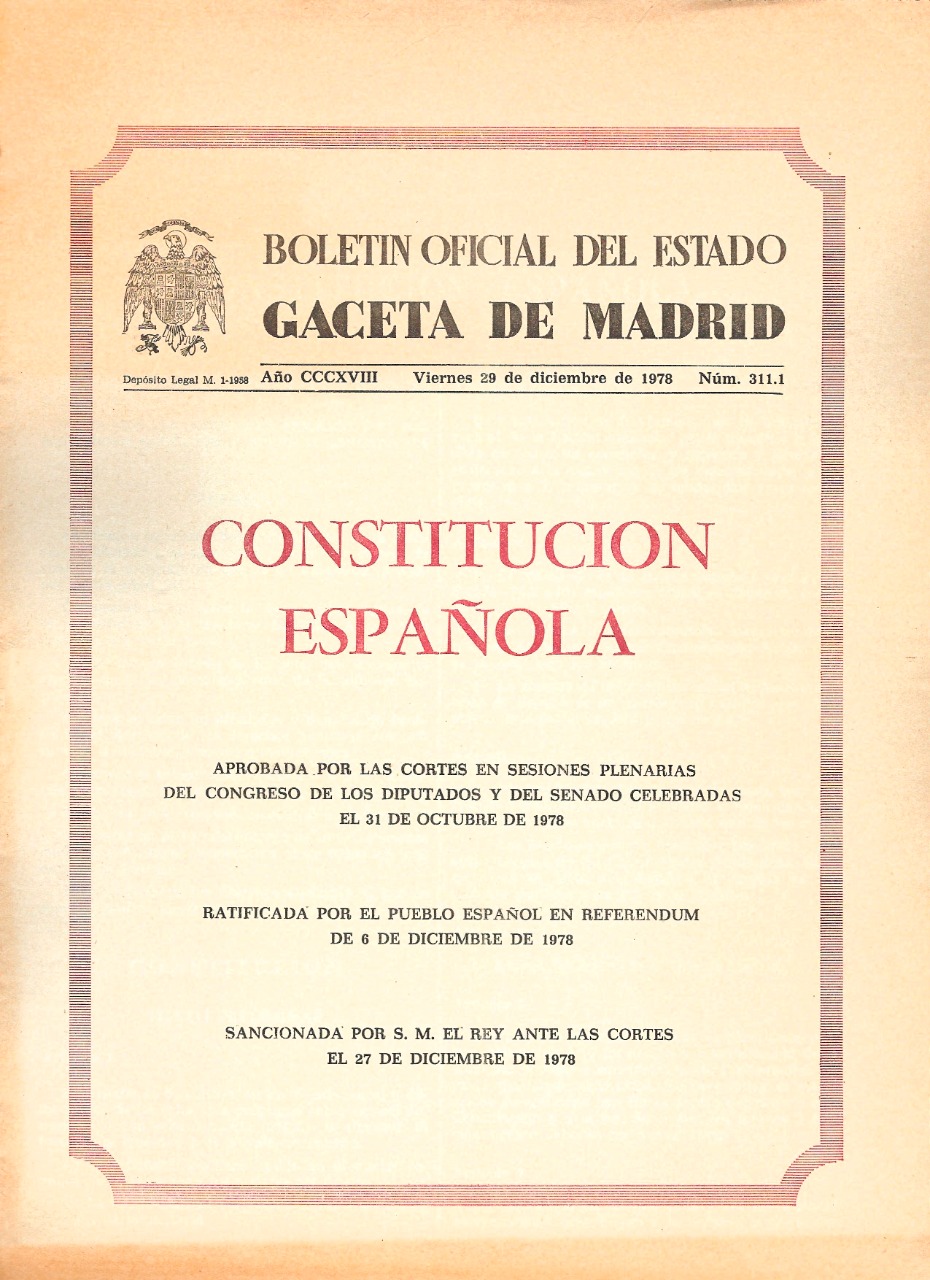Fokus ROMI.HR
/According to Article 14 of the 1978 Spanish Constitution, ‘’all Spaniards are equal before the law and may not in any way be discriminated against on account of birth, race, sex, religion, opinion or any other personal or social condition or circumstance.’’ This Article provides the legal basis to ensure equality of opportunity and non-discrimination, which are considered essential pillars of modern democracies. This legal principle can be often found in most states’ constitutions around the world. In an attempt to go a step further, many countries are also incorporating specific rights to minority groups, in line with international law declarations, under principles of positive discrimination. These commitments recognize that the situation of minorities may differ from the general population, and provide legal frameworks to promote their inclusion as well as the conservation of their identity and their active political participation.
In 1998, Spain joined the Framework Convention for the Protection of National Minorities, designed to look after the rights and freedoms of peoples belonging to minorities in member states of the Council of Europe. Spain’s decision to ratify the Convention is important as the Spanish Constitution alone does not provide legal protection of national minority groups, only individuals.
Spain, with a long historical tradition of multiple cultures co-existing together, represents a peculiar case. Despite its varied ethnic background, assimilationist policies became the norm from the 15th century onwards. More recently, Franco’s regime (1939-1975) again imposed a confessional state with Catholicism dominating most spheres of life and where political, religious and cultural freedoms were notably suppressed. In the light of serious attempts to homogenize culture under the slogan ‘España, Una’ (‘Spain, One’), it is no surprise that the concept of ‘national unity’ still carries huge symbolism in the political discourse.
Desperate calls for the protection of national unity have become the go-to option for right-wingers in Spain whenever ideas such as ‘autonomy’ and ‘self-determination’ are brought to the political table. The effectiveness of this populist ‘othering’ strategy has an important role in modelling patriotic tendencies in Spain, which have deeply shaped the general perception of the Catalonian pro-independence movement among the population. ‘They are trying to break Spain apart’ has become a common public catch-phrase which, through an appeal to the abstract notion of ‘national unity’, avoids dealing with the actual complexity of the issue at hand.
Basque nationalism, despite the current lack of a noisy pro-independent movement such as in Catalonia, is also very present politically and exposed to similar pressures. Attempts to essentialize the movement through the notion of ‘destructive separatism’ are common. Some pro-independence Basque parties are often referred to as ‘the heirs of ETA’, magnifying out of proportion the very controversial connection between those parties and the now extinguished terrorist band. Given the history of fear and violence that characterized ETA, this political strategy has proven very effective in undermining legitimate efforts towards greater autonomy and self-determination.
This landscape is important because it has consequences on Spain's political, legal and symbolic understanding of concepts such as ''nation'' and nationality'', and makes difficult an effective incorporation and use of the term ''national minority'' in the country. We explore more the impact this has on Roma living in Spain in the second part of this essay.
 Povratak na Fokus
Povratak na Fokus













